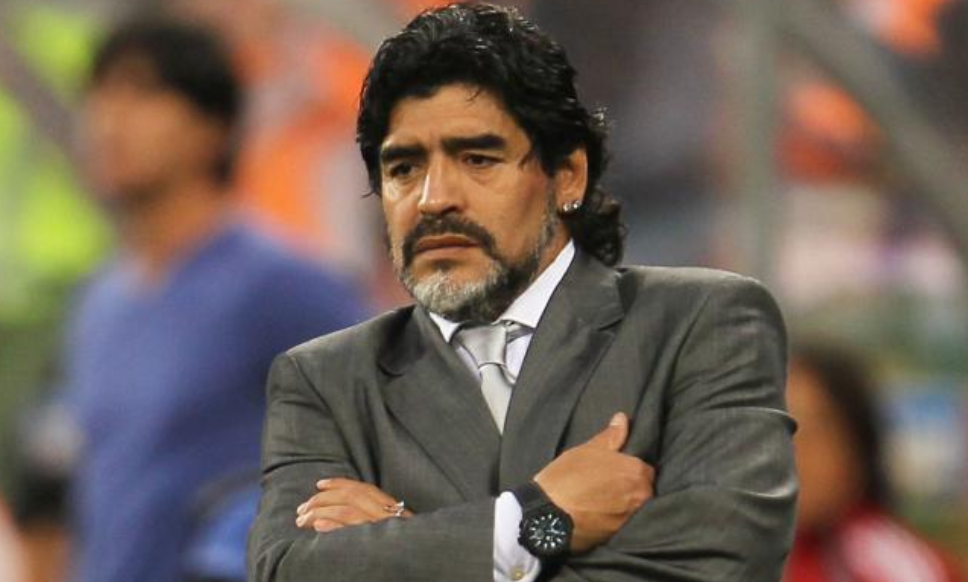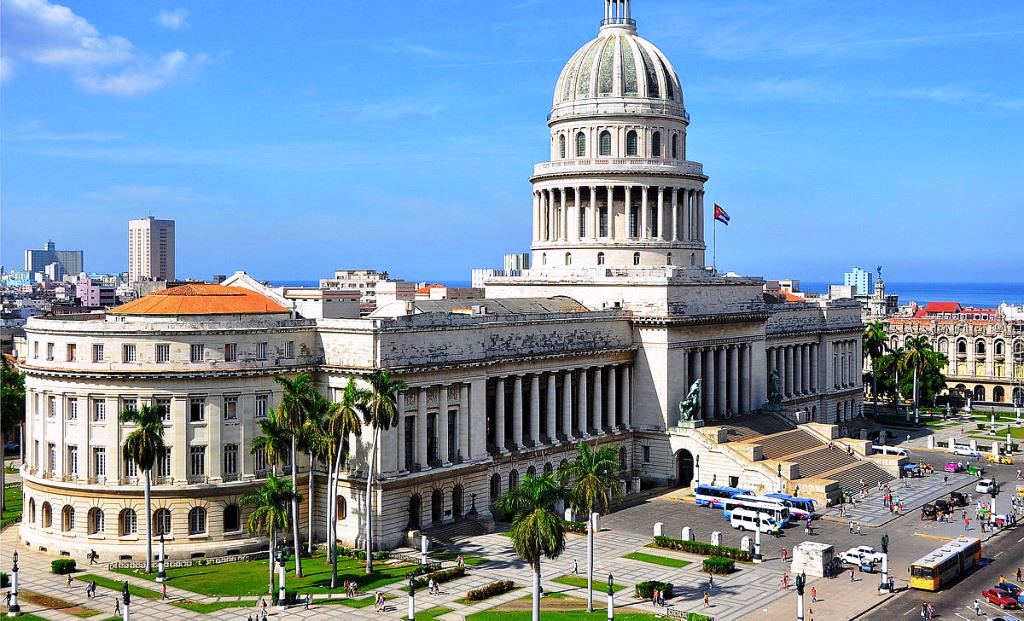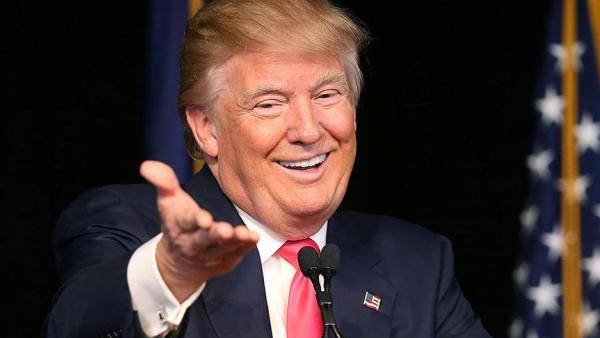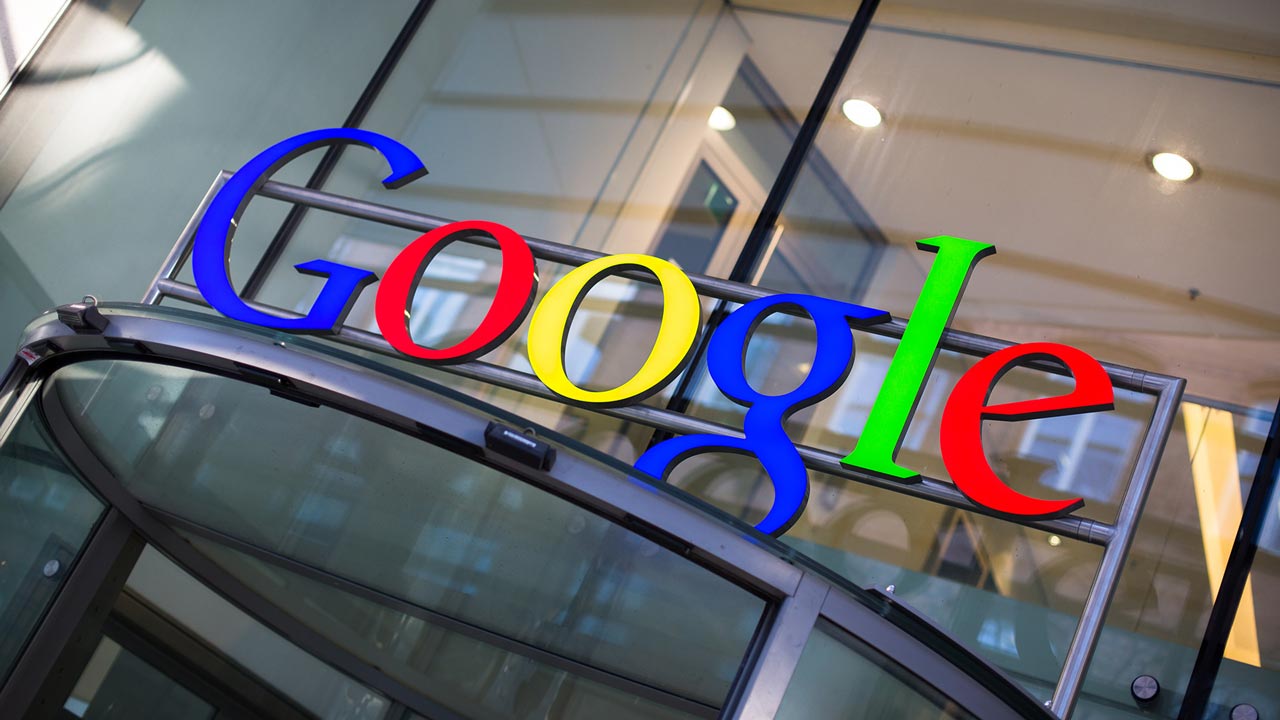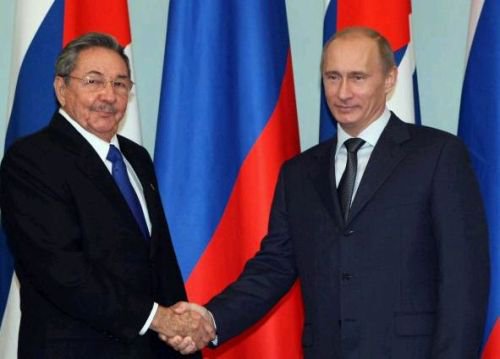Google has launched its servers in Cuba, meaning the country will now store Google contents locally, which will see Cubans who use Google services in the country notice contents load much faster.
Google and the state-run telecom company Etecsa inked a deal in December to provide Cuban users access to the Google Global Cache (GGC). This network caches popular Google content, like YouTube videos and Google searches, for faster delivery to people’s phones and computers.
According to a CNNtech report, When someone in Cuba watches a YouTube video for the first time, that content has to travel through undersea cables from servers in another country. But once it gets to Cuba, it will now be stored on local servers, and the next person who wants to watch it will have a noticeably faster load time.
According to the report, Internet access in Cuba is limited and expensive, and some estimates say as little as 5% of people have internet at home. In order to surf the web, Cubans often congregate at cafes, hotels, and other public areas that have WiFi.
According to a 2016 report from Freedom House, outdated infrastructure, government regulation, and the cost prevent widespread access. “Despite modest steps to increase internet access, Cuba remains one of the world’s most repressive environments for information and communication technologies,” the report said.
However, it is slowly becoming more accessible.
Emily Parker wrote the book “Now I Know Who My Comrades Are,” about internet activism in Cuba and other countries. She says the internet could pose a threat to the Cuban government’s control over information.
“Google’s entry signals the Cuban government’s understanding that the Internet is necessary for economic development,” Parker said.
Last year, Google partnered with a local artist known as Kcho to open a technology centre that provides free, faster internet to the public.
Google’s servers won’t bring internet to more people, but those who already have the internet will see faster load times for Google services.
Doug Madory, Director of Internet Analysis at internet performance company Dyn, noticed the GGC nodes activate on Wednesday for Google Search. He said some people are reporting that they aren’t yet being directed to the Cuban GGC for YouTube, but it should happen soon.
“It is a milestone, as this is the first time an outside internet company has hosted anything in Cuba,” Madory said.
